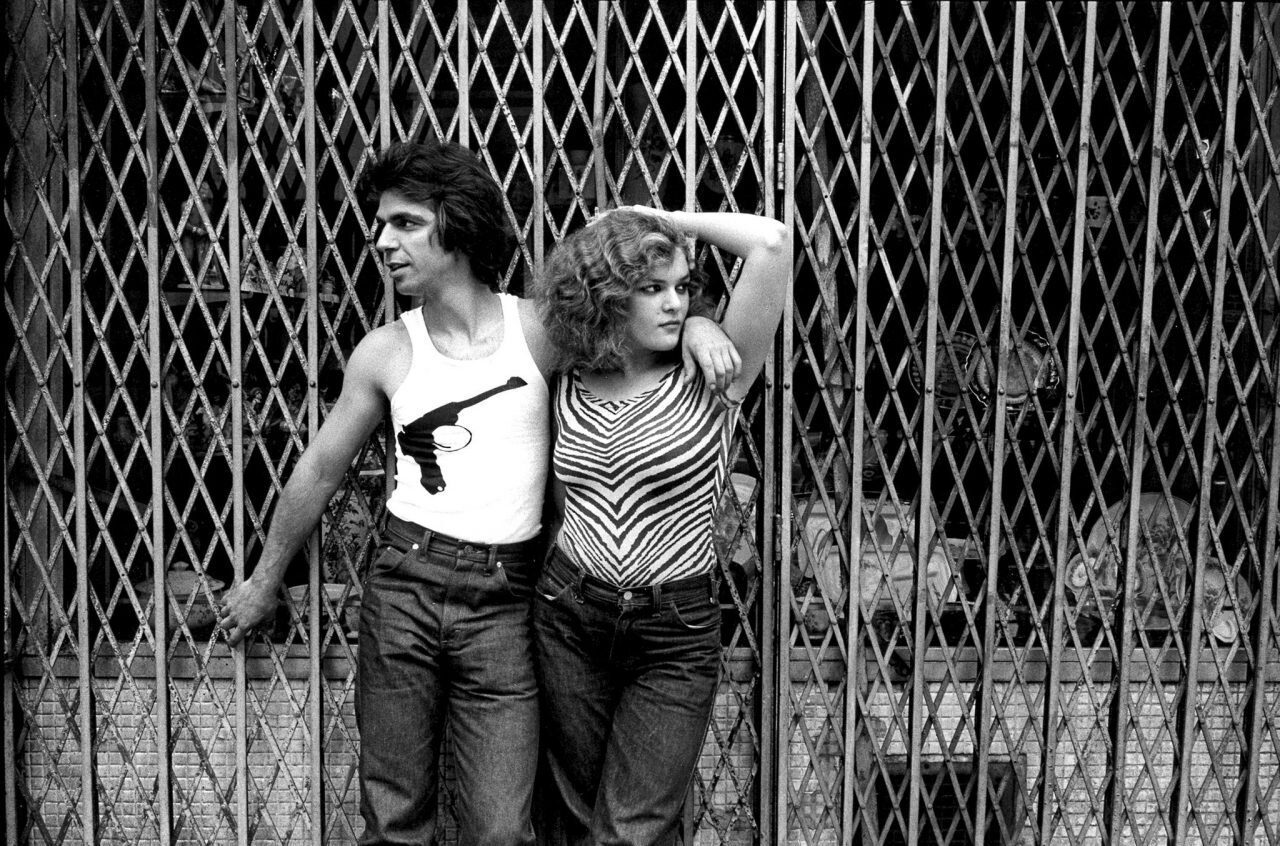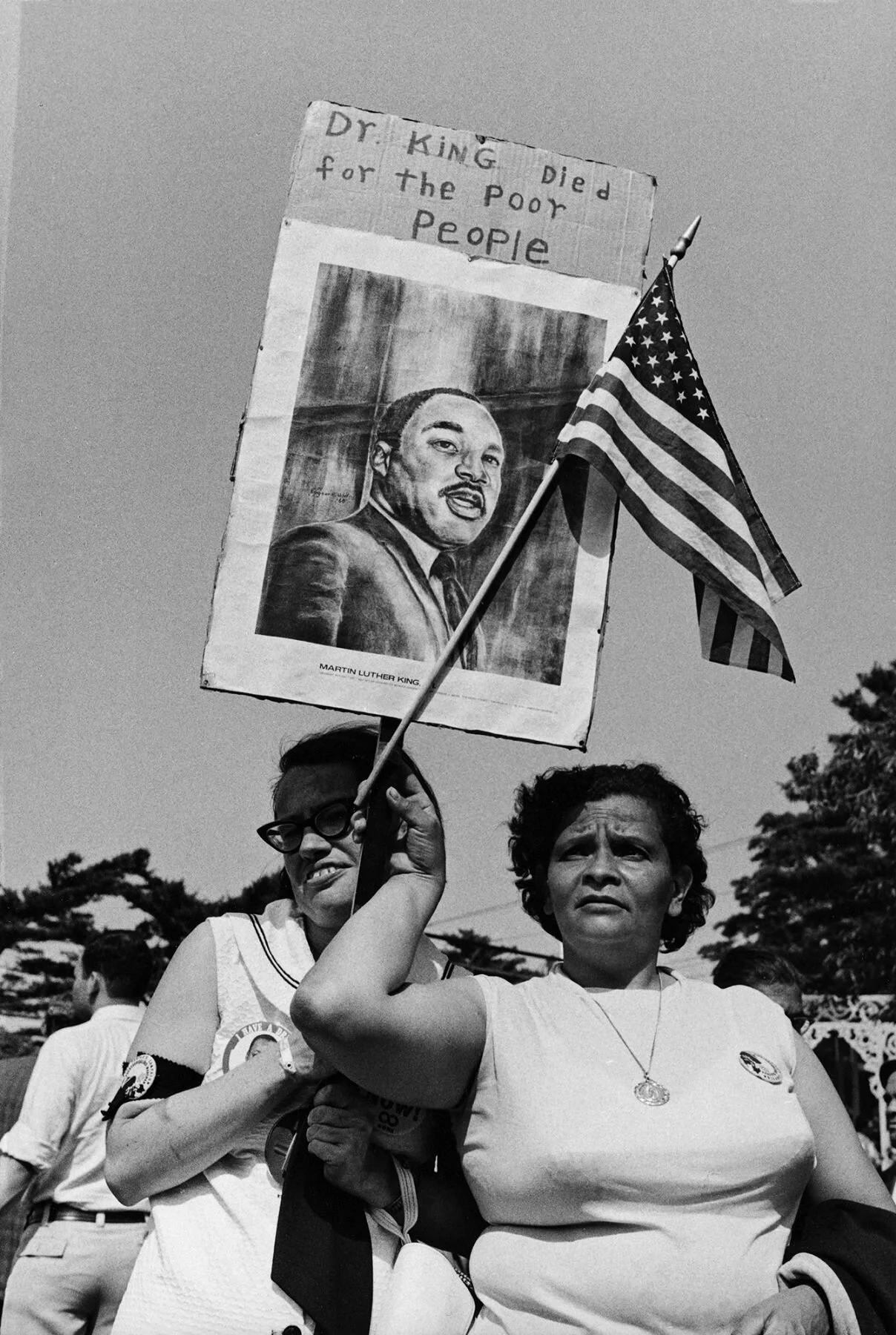In Memoriam: Jill Freedman
JILL FREEDMAN (1939-2019)
©Jill Freedman, Love Kills, 1973
By Claire Blaha
On Wednesday, October 9, photographer Jill Freedman, best known for her street and documentary photography, passed away. Working primarily in the 1960s and 70s, Freedman has published seven photography books that showcase her incredible talent. Her ability to observe a scene and become a part of her surroundings, all while remaining invisible, produced images that are both impactful and immersive, making one feel that they are part of the experience themselves.
Jill Freedman, The Real Thing, New York City, 1976 © Steven Kasher Gallery
Working at advertising and copy-writing jobs, Freedman had a hard time finding what she was passionate about until she picked up a camera. “It were as though I had been taking pictures for years, but in my head, without a camera.” She had been moved by images she saw in “Life” magazine from a young age, but she fell deeper in love with photography once she captured the images herself.
©Jill Freedman, Gun Play, 1979
“I’d spend the days wandering around, searching for adventure, meetings all kinds of eccentric characters and loving their stories.”
After graduating from college and taking time to explore Europe, Freedman settled in New York City in 1964, but would make a temporary home wherever her next story would take her. In 1968, after the MLK Jr. assassination, Freedman moved into a shantytown in Washington D.C., set up by the Poor People’s Campaign to take the photographs of the demonstrators in their peaceful protest. And when shooting images of street police and fire fighters, she would often sleep in her car or on the floor of the fire station; she fully immersed herself in the world of her work to capture the often hidden reality of peoples’ lives.
Jill Freedman, Brother Love, New York City, 1976 © Steven Kasher Gallery
Her work often explored professions that were primarily dominated by men. Freedman spent so much time around the firefighters in the South Bronx and Harlem, that they began to act naturally around her, as if there wasn’t a woman in the room. “It has nothing to do with women, most men just prefer being with other men. They’re used to each other, speak the same language...They can be 100 years old but it’s still the boys’ club.” She became an honorary member of this exclusive club, capturing their childish humor and touching intimacy from a behind-the-scenes perspective.
Jill Freedman, Demonstrator with Dr. King sign at the Puerto Rican Day March, Poor People's Campaign, Washington D.C., 1968 © Steven Kasher Gallery
Freedman was extremely passionate about photojournalism and being able to tell a story to leave an impact on people through a single image. She wanted her images to be honest representations of the lives her subjects led. Firefighters and police officers performing their professional duties often led to graphic images, but Freedman photographed everything. “I wanted to show it straight, violence without commercial interruption...I also wanted to show the tenderness and compassion of the good guys.” She left nothing out when documenting New York city police officers’ lives; she wanted to show everything that she was able to see.
Freedman died from complications of breast cancer at a care facility near her home in Manhattan. She was 79.












